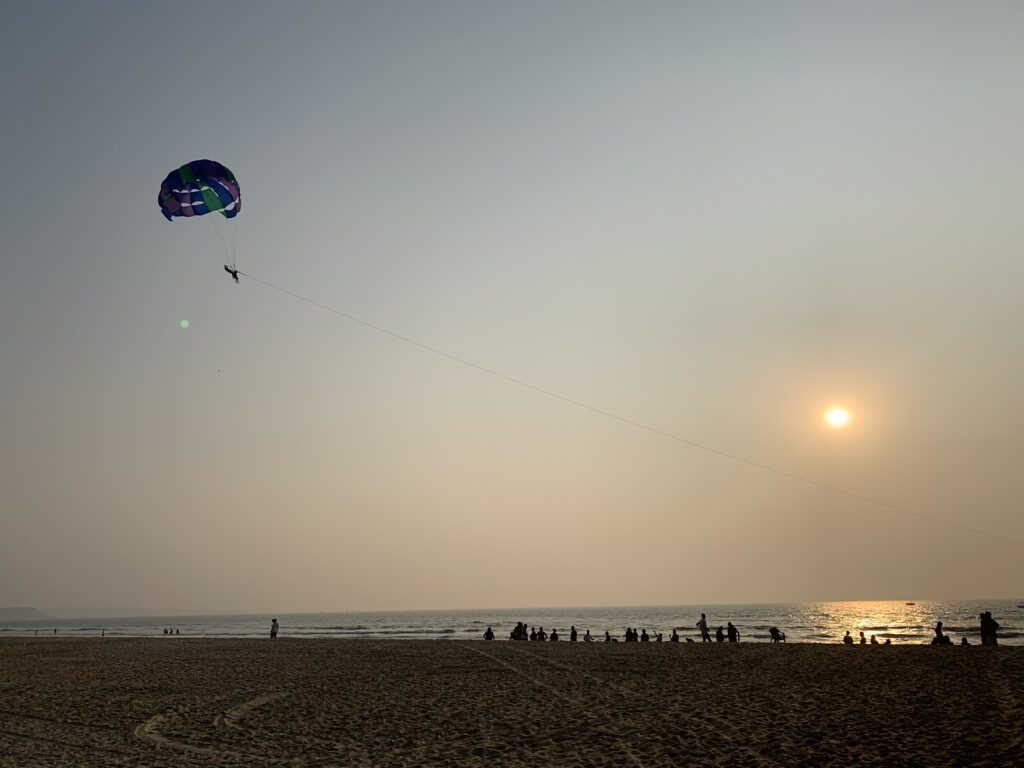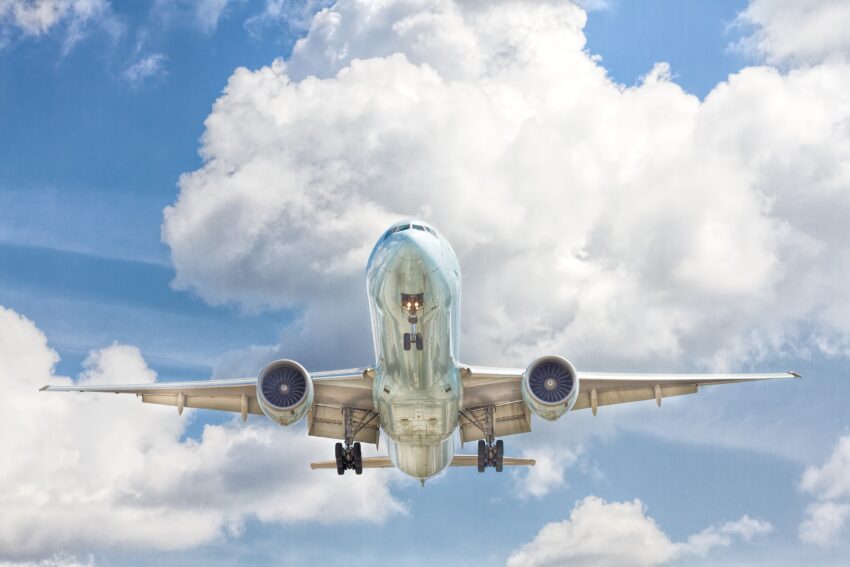Year-end looked bleak in December 2020. The travel bucket lists were largely domestic, or dependent on what borders were open to which countries. Aviation industry has reported more traffic than what was observed in summer, but it will take years to bounce back from the decline that coronavirus wrought. But a ray of hope is the vaccine that’s being administered in different parts of the world. So, does it mean it’s safe to travel in 2021?
In one word: no. Most countries are administering vaccines to high-priority groups, including primary healthcare workers, care centre staff, and people over 60. It will take months for common folks to get access to the vaccine. Until then, masks and sanitisation and social distancing are the ways to stay safe.
With so many discounts and tourism boards encouraging local trips, people have started travelling. Experts believe that airplanes have low risk of transmission because of their air circulation systems. Borders to some countries are still closed, though, and many have quarantine restrictions or mandatory tests. Even in India, states have their own rules and regulations (some need a COVID-19 negative test before you arrive), and masks are mandatory everywhere. Travel is not what it was in 2019, and there’s a chance it’ll never go back to that.
And, we don’t know if vaccinated individuals will not spread the virus. Vaccines reduce the risk of illness, but there’s no data on how effective they will be to stop the spread.
So this year, although looks more promising than 2020, will still be restrictive for travellers. You can plan a trip weighing all risks and taking all precautions, and make use of the discounts that companies are offering. (Palace on Wheel itineraries for domestic travellers are at 30% discount right now and Spicejet has a ‘Book Befikar Sale’ going on till January 17.)
Travel Trends for 2021
Road trips aren’t going anywhere. If anything, they will be more popular as confidence grows amidst travellers. In a survey conducted by Booking.com, it was revealed that Indians travelled shorter distances in 2020 and 67% stayed within the country, implying that self-driving trips were popular.
In fact, air travel is also gaining momentum in the country—on January 9, more than 2.59 lakh passengers departed from Indian airports! Coming back from Goa on January 5, I could tell that there’s no stopping us from travelling.
Travel is likely to stay strong in the coming months, especially after vaccinations begin, even if it means staying closer to home. There are more travel trends we’ll likely witness in 2021. Some ideas here:
Domestic Travel
At least in India, there’s no debate about the efficacy of masks—they are believed to be essential (even if many wear them as chin guards). So, our numbers (of positive cases) have improved compared to the US and the UK. So, travel in 2021 for Indians would most be cross-state.

2021 travel destinations will include the hill stations of the north, coastal states such as Goa, and cultural states such as Odisha and Rajasthan. Expect more adventure in 2021: trekking, hiking, parasailing, white water rafting, and safaris. With domestic tourism being promoted by states, travellers will have the opportunity to explore the diverse nation, its cultures, foods, and arts. Now is the perfect time to see Hampi or Khajuraho temples, or to go on a coastal driving trip from Maharashtra to Bengal.
Vaccine Passports
Internationally, 14-day quarantine was a must when the pandemic became. The International Air Transport Association (IATA) wants governments to replace that with a negative COVID-19 test to begin recovery. The US is now asking international travellers to produce a negative test report (with tests done three days before travelling), but passengers still need to quarantine for 14 days. Many airlines are experimenting with rapid test before flights—Lufthansa launched a trial flight that required passengers to get tested at the airport (results in 30-60 minutes), while Singapore Airlines is experimenting with an app that verifies test reports. This is going to pave the way for vaccine passports and verification.
It is likely that airlines will ask passengers to show proof of vaccination before they can board—with exceptions of course. It already happens when you need to travel to some African countries and need a yellow fever vaccine.
The IATA is developing a digital passport, Travel Pass, to inform passengers on guidelines of travel to a country, verify test results, and provide proof of vaccination. The World Economic Forum has partnered with the Common Trust Network to develop CommonPass—another app that can carry health information. CommonPass is being tested by airlines currently and will be rolled out soon.
It’s easy to deduce that these apps will make an appearance in the Playstore and the App store this year, and passengers will have to do as directed to cross borders—get a test, or a vaccine.
If you’re planning a trip to Goa (who isn’t?), then this ultimate guide to Goa for women travellers may come in handy.
Revenge Travel
This is a term that came up a lot last year as well. After being stuck at home for months, Indians are looking forward to getting out will take more trips, splurge more on experiences, and stay longer—revenge travel will drive people. This eagerness to travel is expected to be the saviour of hotels, destinations, and airlines, but unfortunately it will take years till travel numbers reach pre-pandemic levels.
Vaccine Tourism

Another travel trend in 2021 is expected to be vaccine tourism: people travelling to get a shot. When the UK approved Pfizer’s vaccine, Indian travel agents started circulating ‘vaccine packages’ that include travelling to the UK and getting a shot. Medical experts, however, aren’t enthused by the idea because citizens deserve vaccines first, and cutting the line because of privilege and money might lead to problems in the long run. Ethics aside, there are definite risks involved in travelling—for passengers as well as people they come in contact with such as airport staff, airline staff, taxi drivers, hotel personnel etc. Besides, it’ll be difficult to determine if the vaccine is safe, especially if governments and pharmaceutical companies don’t sanction vaccine tourism.
There’s more in store for 2021. Travel recovery will boost global economies and vaccines may reassure governments when borders open. Until then, stay close to home and wear a mask!
Featured Image: Unsplash

